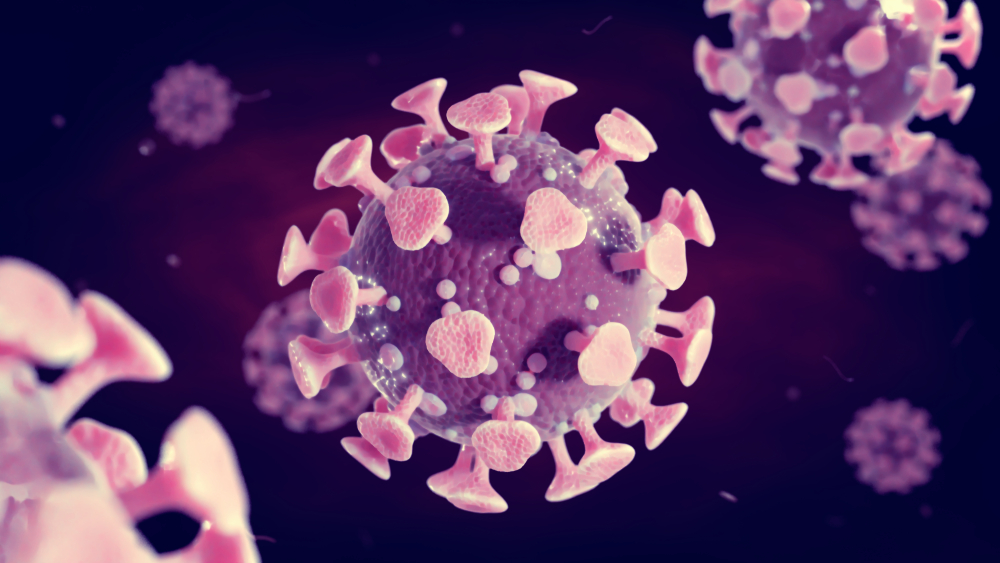FELINE CALCIVIRUS ANTIGEN
Feline Calcivirus (FCV) antigen has been manufactured for use in the detection of antibodies against FCV for immunoassay development or other applications.
PRODUCT DETAILS – FELINE CALCIVIRUS ANTIGEN
- Feline Calcivirus (FCV) antigen, strain Bolin.
- Native antigen purified from feline calcivirus infected FC 3TG cells.
- The antigen is presented in 50 mM Glycine Buffer, pH 9, 140 Mm NaCl.
- This material has been UV and detergent inactivated (<0.1% CHAPS).
- For ELISA development or other applications.
BACKGROUND
Feline calicivirus (FCV), a small, unenveloped RNA virus, is one of the most common viral pathogens of cats. It has a non-enveloped, 35-40 nm, positive-sense, single-stranded RNA genome. Open reading frames 1, 2, and 3 encode a helicase, a protease, and polymerase; the single capsid protein; and an RNA-associated structural protein, respectively. It is enclosed by multiple copies of the major capsid protein, which is the target of protective immune responses. Hypervariable regions in this gene confer antigenic variability that allows viral persistence in the face of a developing immune response. In persistently infected cats, the gene for the major structural protein of the viral capsid has been shown to evolve through immune-mediated positive selection, which allows the virus to escape detection by the immune system (Coyne et al., 2006).
FCV is endemic in most catteries, shelters, and large multiple-cat households (Radford et al., 2007). Infection generally occurs through direct contact with secretions from acutely infected and carrier cats. FCV also survives much better in the environment (~1 month) than other viruses e.g. feline herpesvirus 1 (FHV-1), increasing the risk of transmission. Different strains of FCV can vary in virulence resulting in great variability of clinical signs. FCV strains comprise one serotype and predominantly and only two genotypes worldwide, although there is considerable variation between strains, which has an impact on vaccination (reviewed in Green at al., 2000). Most strains used in vaccines protect against the majority of isolates, but not equally well against all, including some of the more recently emerged virulent systemic feline calicivirus (VS-FCV).
REFERENCE
- Coyne et al. (2006). Recombination of Feline calicivirus within an endemically infected cat colony. J Gen Virol. 87 (Pt 4): 921–6.
- Disease Information Fact Sheet. Feline calicivirus. Journal of Feline Medicine and Surgery (2013) 15, Supplementary File.
- Fenner, Frank J.; Gibbs, E. Paul J.; Murphy, Frederick A.; Rott, Rudolph; Studdert, Michael J.; White, David O. (1993). Veterinary Virology (2nd ed.). Academic Press, Inc.
- Green et al. (2000): Taxonomy of the caliciviruses. J Infect Dis 181 Suppl 2, S 322-330.
- Radford et al. (2007). Feline calicivirus. Vet Res. 38(2):319–335.

